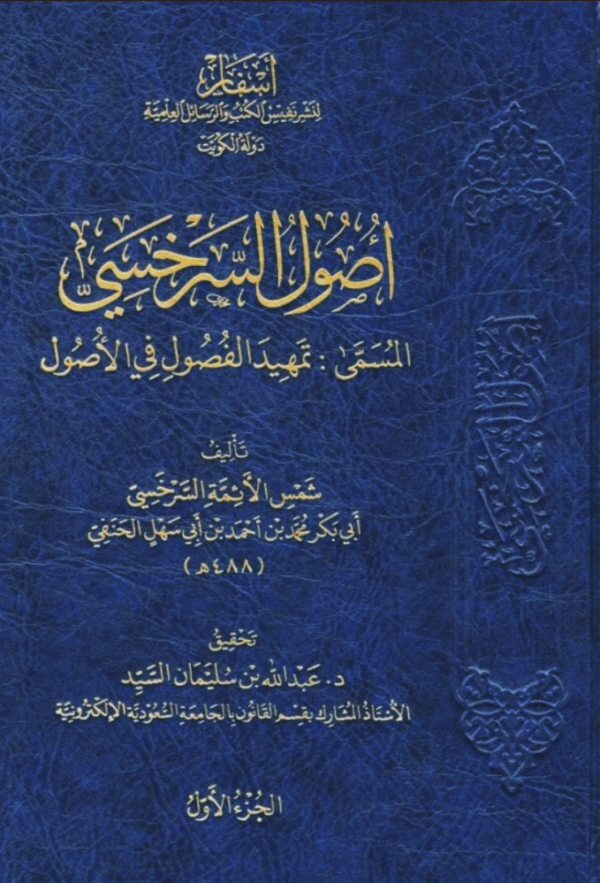In this course, we undertake a complete reading of the Usul al-fiqh work of the celebrated Shams al-A’imma Muhammad ibn Ahmad ibn Abi Sahl al-Sarakhsi (d. c. 483/1090) known simply as Usul al-Sarakhsi


£249.00
In this course, we undertake a complete reading of the Usul al-fiqh work of the celebrated Shams al-A’imma Muhammad ibn Ahmad ibn Abi Sahl al-Sarakhsi (d. c. 483/1090) known simply as Usul al-Sarakhsi. Al-Sarakhsi’s Usul work alongside the Usul al-Bazdawi formed the two source texts for the renowned Manar al-Anwar of al-Nasafi (d. 710/1310). The superiority of al-Sarakhsi’s work over those of al-Bazdawi and al-Nasafi lies in clearer organisation of topics and clearer explanation. The book thus gives the student a strong, clear foundation in Hanafi usul al-fiqh.
In this course, students will be expected to explain the relevant sections of the Manar, thus undertaking a complete coverage of the Manar alongside Usul al-Sarakhsi. Students will also be encouraged to read the relevant sections of Usul al-Bazdawi to highlight and analyse any discrepancies between the two works. The student will complete the course with a strong grasp of Hanafi legal theory and epistemology and be able to apply this understanding to legal reasoning, Qur’anic interpretation, and the study of commentary works from the Hanafi legal tradition.
Please note that this course has now ended and registration provides you with access to the recordings and resources.
Mabahith al-Lugha, Mabahith al-Kitab